US, Japan, S Korea hold trilateral missile drills 'to deter North Korea'
The United States, South Korea, and Japan held trilateral ballistic missile drills off Hawaii’s coast last week, the US defense department said on Tuesday, amid growing tensions with North Korea and China.
In a statement, the US defense department said the three countries participated in a “missile warning and ballistic missile search and tracking exercise” during the multinational Pacific Dragon exercise.
The participants, it noted, “shared tactical data link information in accordance with a trilateral information sharing agreement.”
“This missile warning and ballistic missile search and tracking exercise demonstrated the commitment of the US, ROK, and Japan to furthering trilateral cooperation to respond to DPRK challenges, protecting shared security and prosperity, and bolstering the rules-based international order,” read the statement.
It was the first time the three countries held joint drills since 2017 after relations between South Korea and Japan nosedived in 2019 over a historical dispute between the two countries.
Importantly, the drills came a day after South Korean President Yoon Suk-yeol voiced the need to “swiftly” repair relationship with Japan.
Yoon has vowed to improve relations with Tokyo and deepen ties with Washington through joint military drills in a bid to oppose both North Korea and China.
He urged the two countries to “swiftly and properly improve” relations by “upholding the spirit” of a 1998 bilateral declaration signed by then-Prime Minister Keizo Obuchi and then-South Korean President Kim Dae-jung.
“When (South) Korea-Japan relations move toward a common future and when the mission of our times align, based on our shared universal values, it will also help us solve the historical problems that exist between our two countries,” he said.
The military maneuvers came two months after defense chiefs of the three nations agreed during a trilateral meeting in Singapore to hold such drills.
China has opposed the US-led joint missile drills and has called on South Korea’s Yoon to honor assurances made by his predecessor not to participate in US-led drills or host a US military Terminal High Altitude Area Defense (THAAD) battery.
However, Yoon claims that the assurances do not represent formal agreements, and Seoul is not bound by them.
Meanwhile, South Korea announced that it will resume its field training during its joint military drills with the US, which are set to be held from August 22 to September 1.
Dubbed Ulchi Freedom Shield, it will include field exercises involving aircraft, warships, tanks, and potentially tens of thousands of troops.
“The purpose of this exercise is to strengthen the ability to respond against ballistic missiles and improve the ability to conduct joint operations,” South Korea’s defense ministry said in a statement Tuesday.
The development comes on the heels of tensions between China and the US after House Speaker Nancy Pelosi’s visit to Chinese Taipei, which prompted China to conduct a series of military drills around the self-ruled island.
VIDEO | Golestan: Iran's dreamlike garden
VIDEO | Fate of Gaza ceasefire
VIDEO | South Korea follows US demand, boosts military expenditure
VIDEO | Iran hosts 7th BRICS Meeting on Mega-Science Cooperation
Iran after a 'strong region free from foreign interference': FM
Tehran Stock Exchange index hits historic high
3 civilians injured by Israeli fire during incursion into Syria’s Quneitra
Iran’s wheat imports at $424 mln in Apr-Oct: IRICA


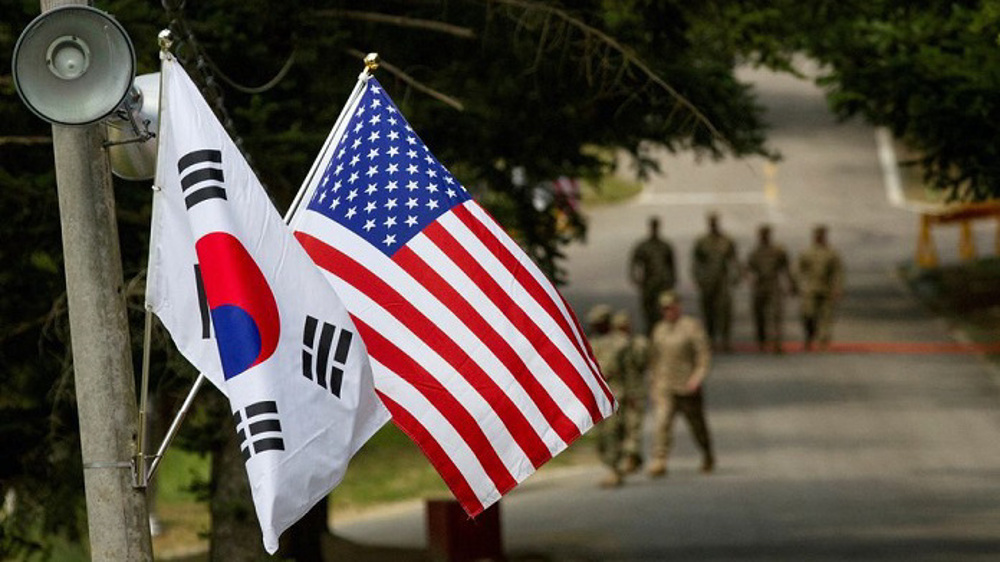
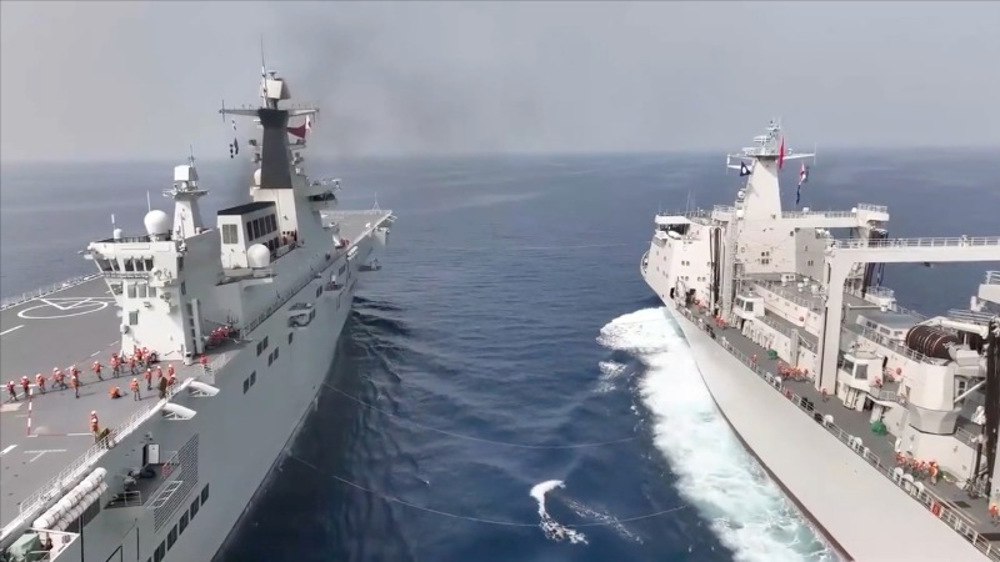


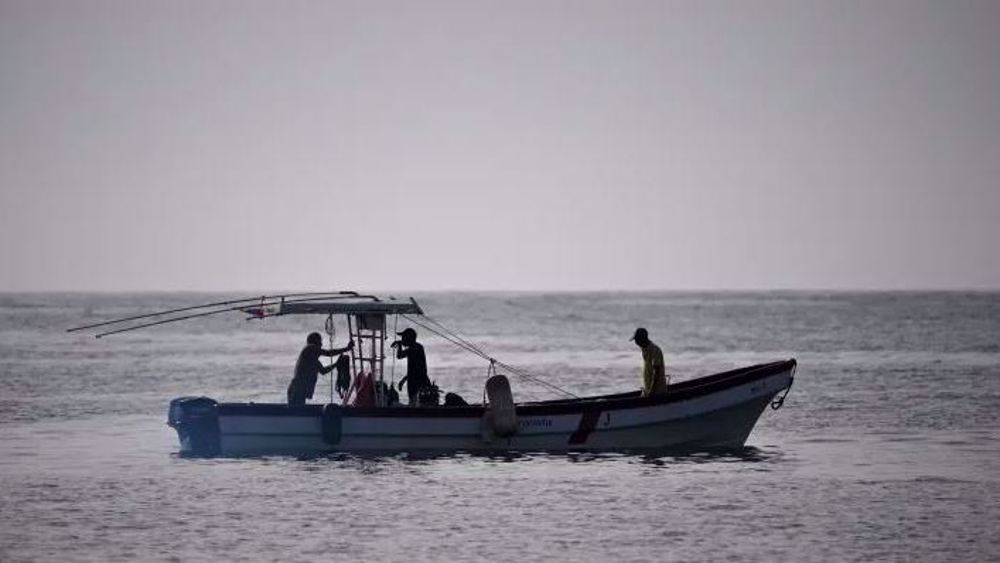



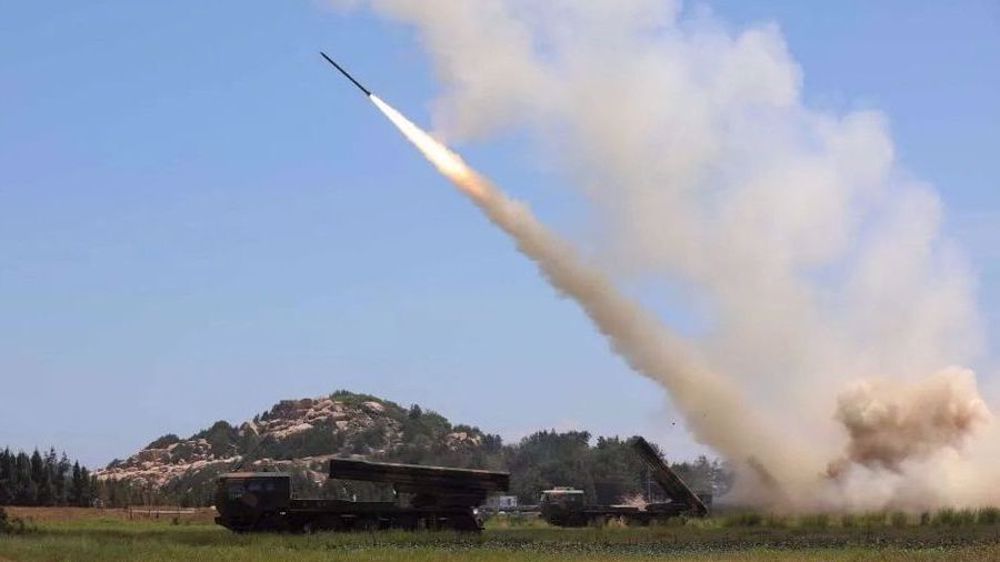
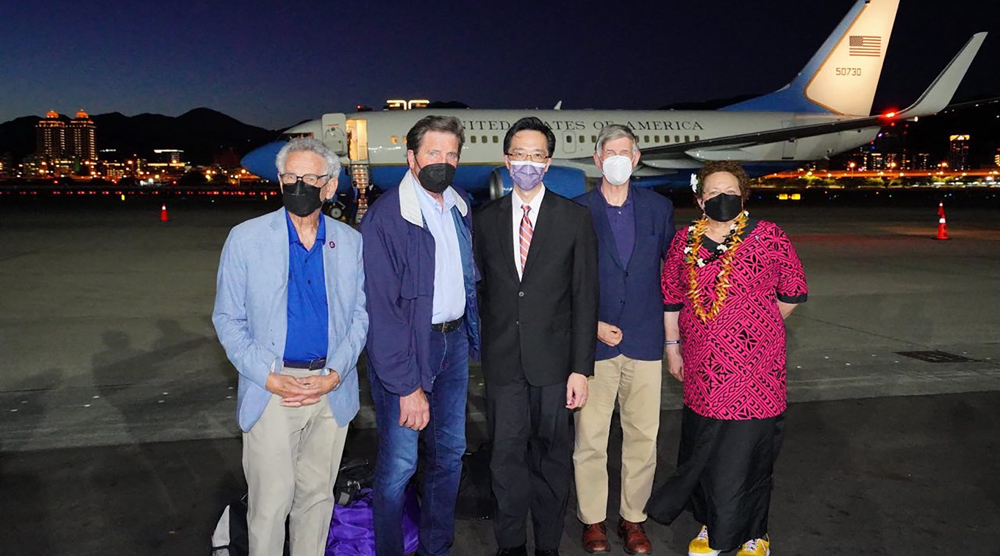
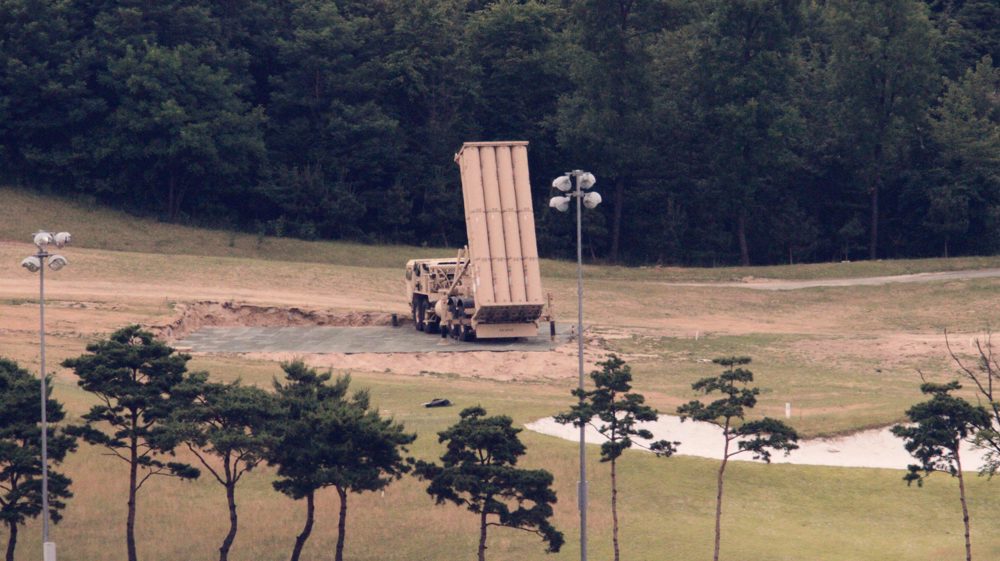

 This makes it easy to access the Press TV website
This makes it easy to access the Press TV website